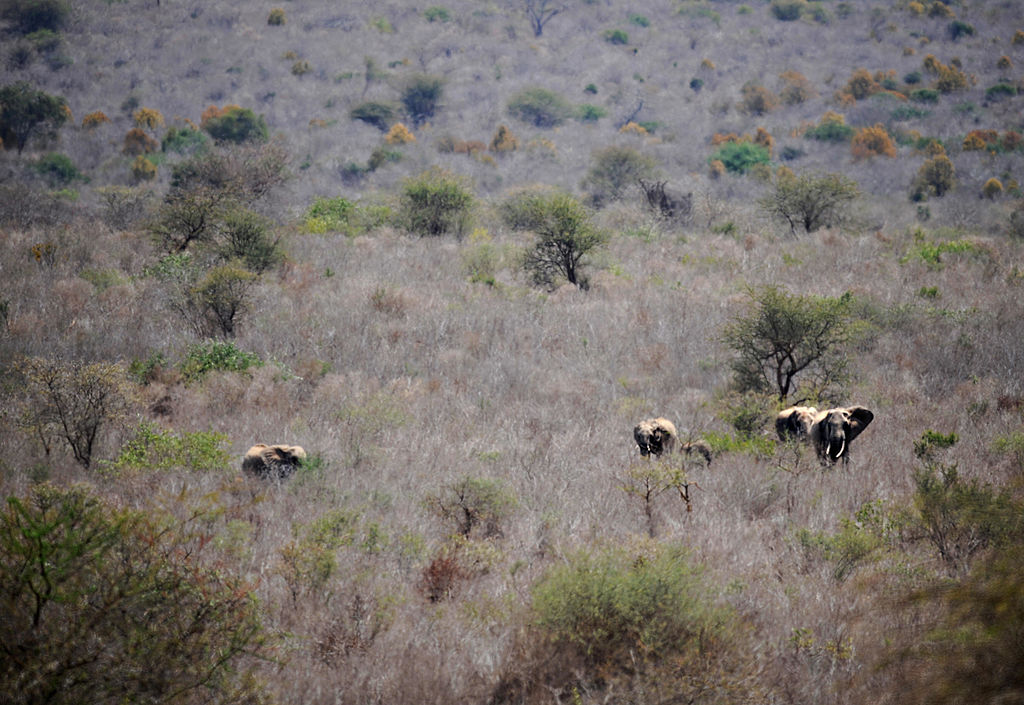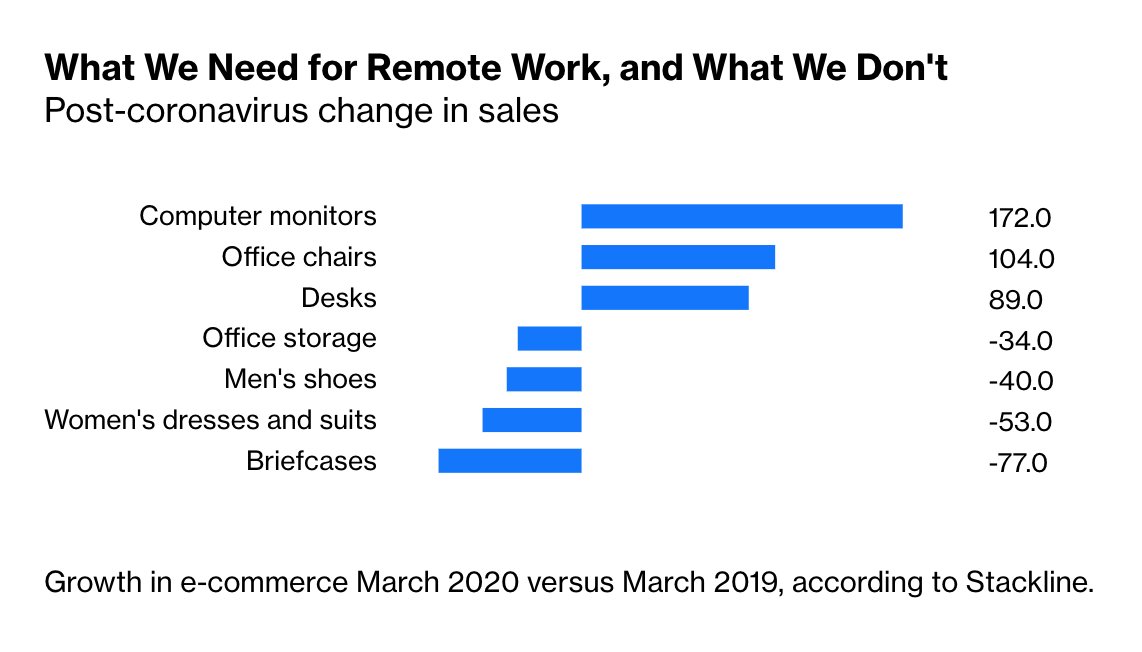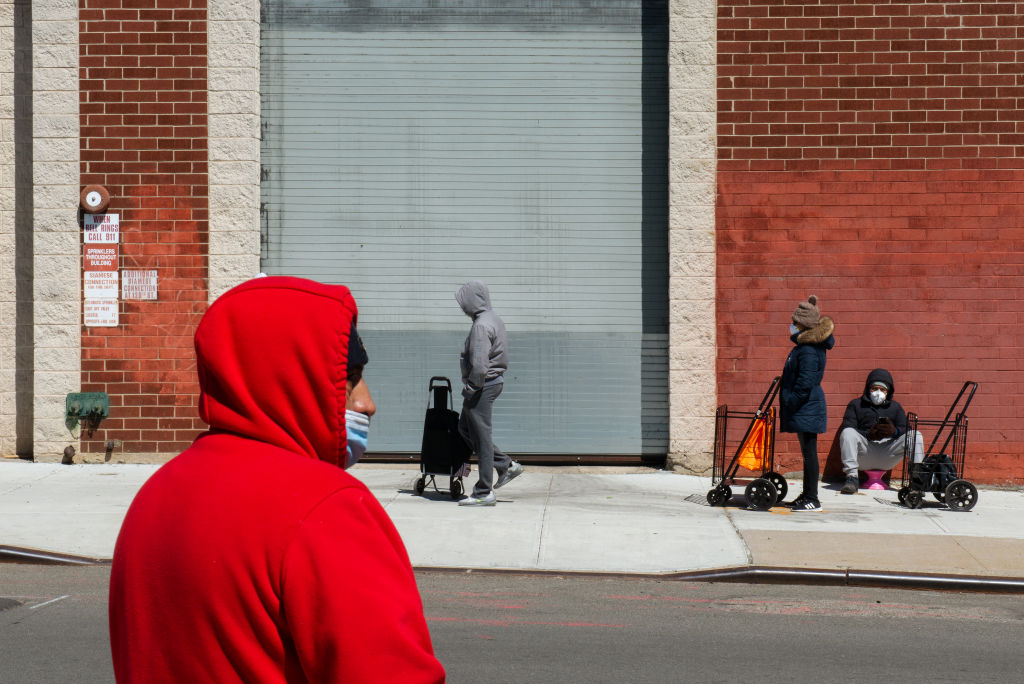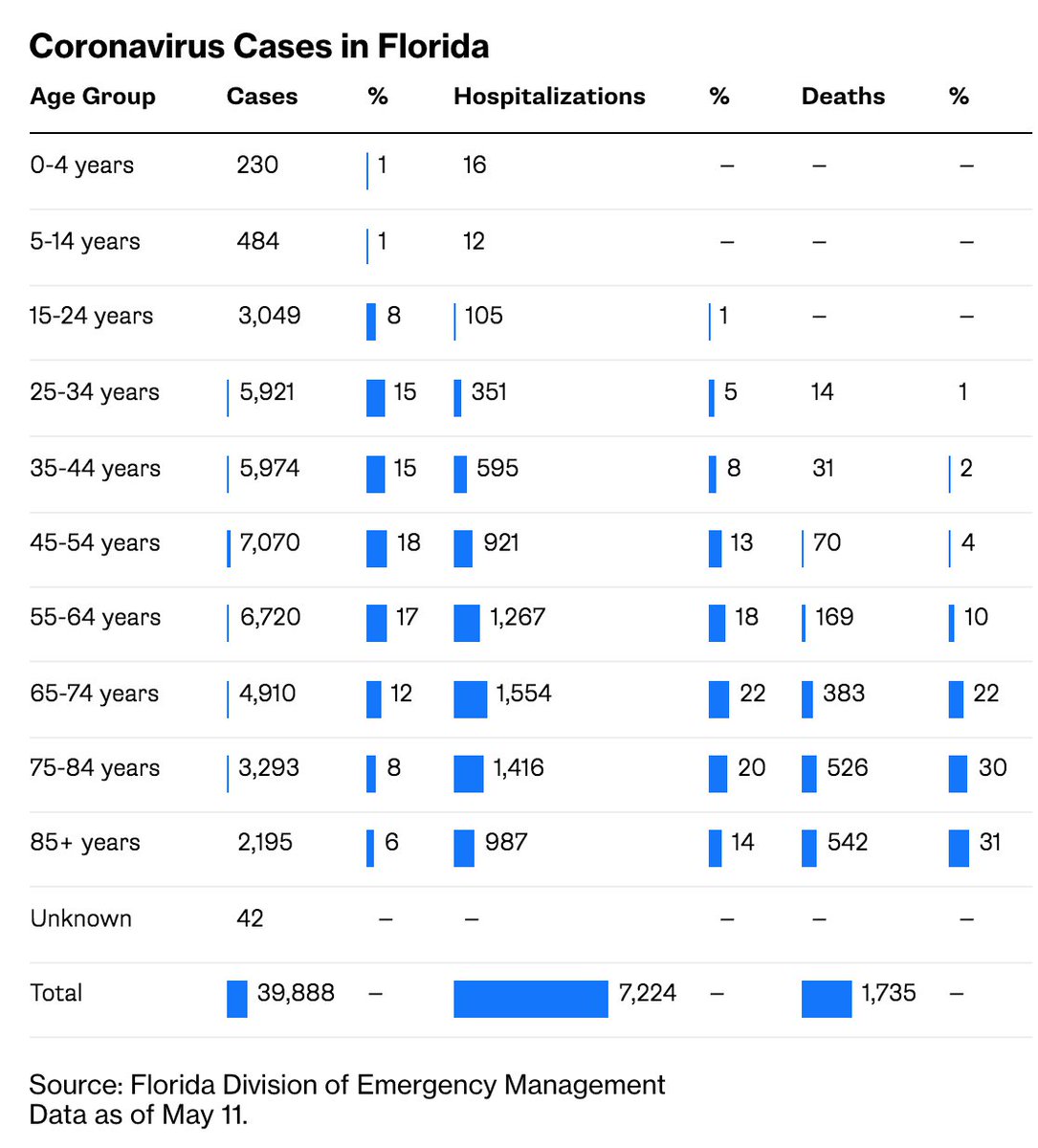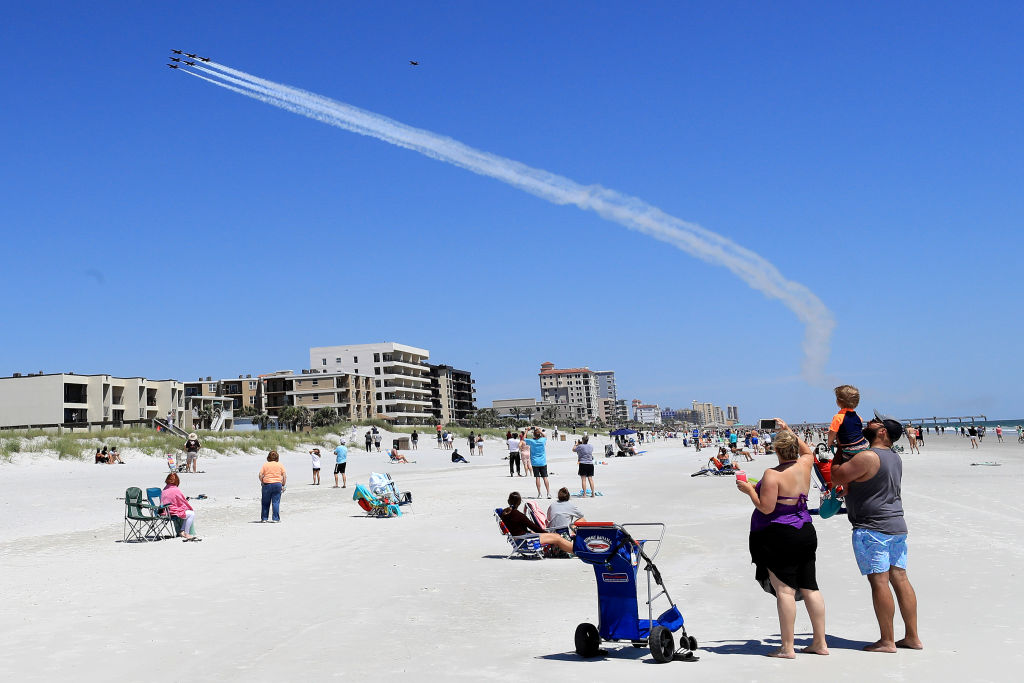Tigers, elephants and countless other species might face similar threats trib.al/sTWVnIb
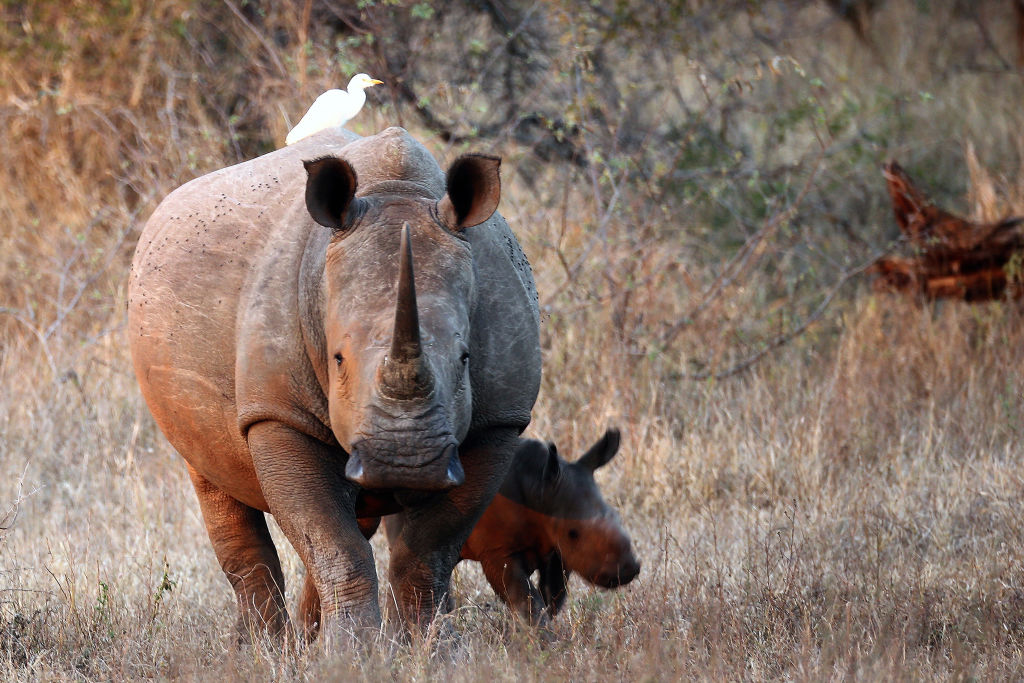
The pandemic is teaching conservationists and governments alike that this model isn’t sustainable in a steep downturn trib.al/sTWVnIb
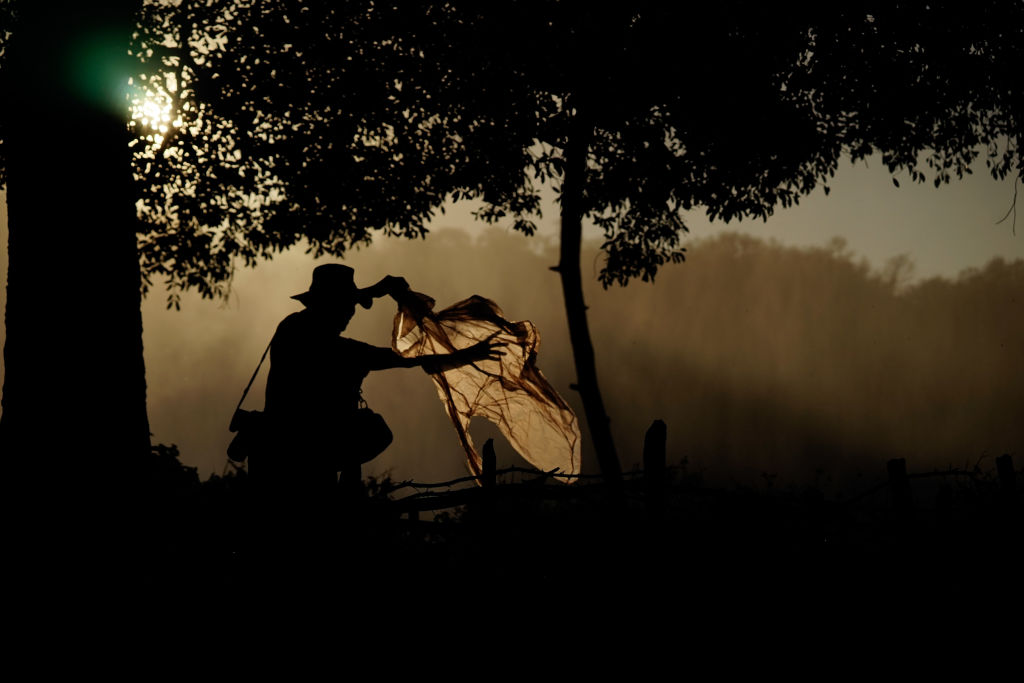
🏝️Small island developing states such as the Seychelles and the Maldives have seen their tourism industry erased, accounting for as much as 30% of GDP trib.al/sTWVnIb
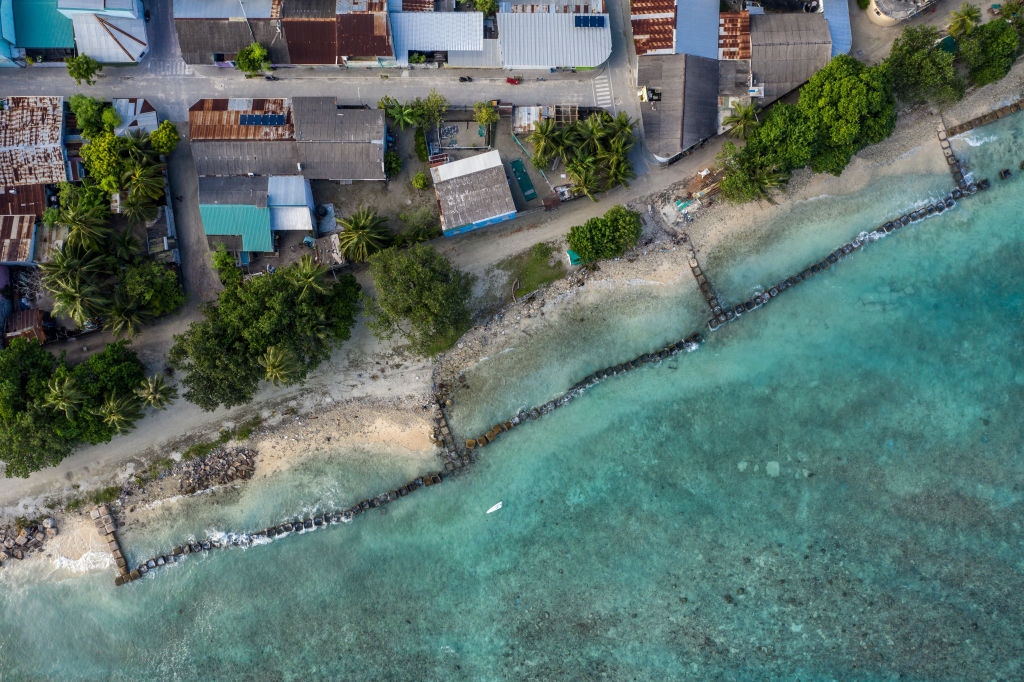
- Preserving biodiversity
- Creating economic benefits for local communities trib.al/sTWVnIb
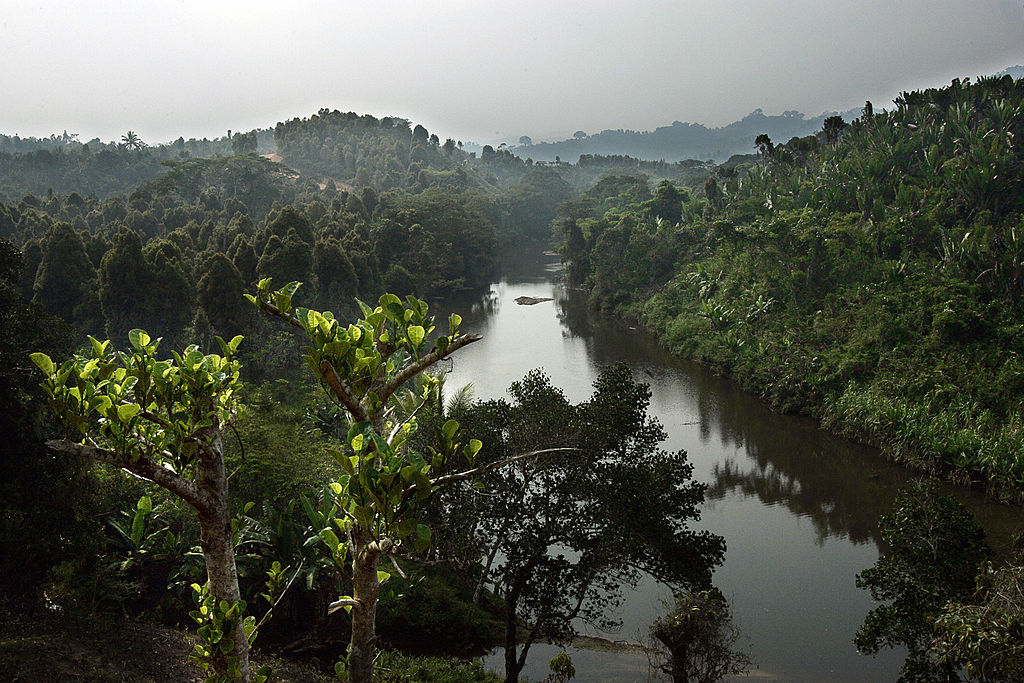
Since January, $500 million of expected revenue has been wiped out and Ranomafana National Park, home to 12 lemur species, is generating no income at all.
Those losses will ricochet through the nation
trib.al/sTWVnIb
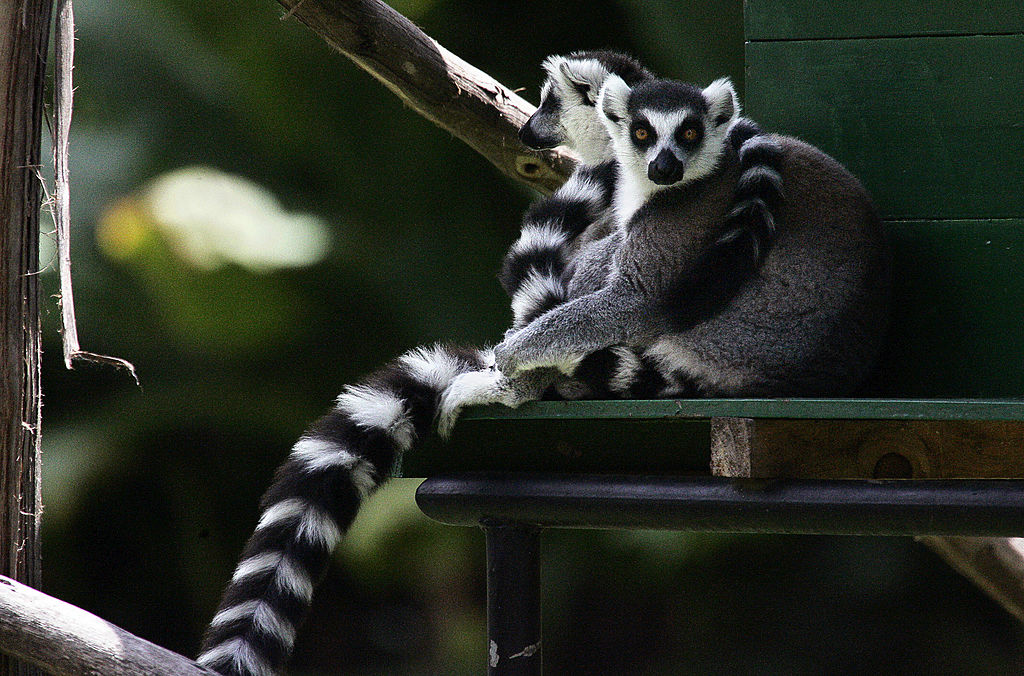
🇷🇼Rwanda
🇺🇬Uganda
🇨🇩Democratic Republic of Congo
That means lost revenue for conservation efforts and local people trib.al/sTWVnIb
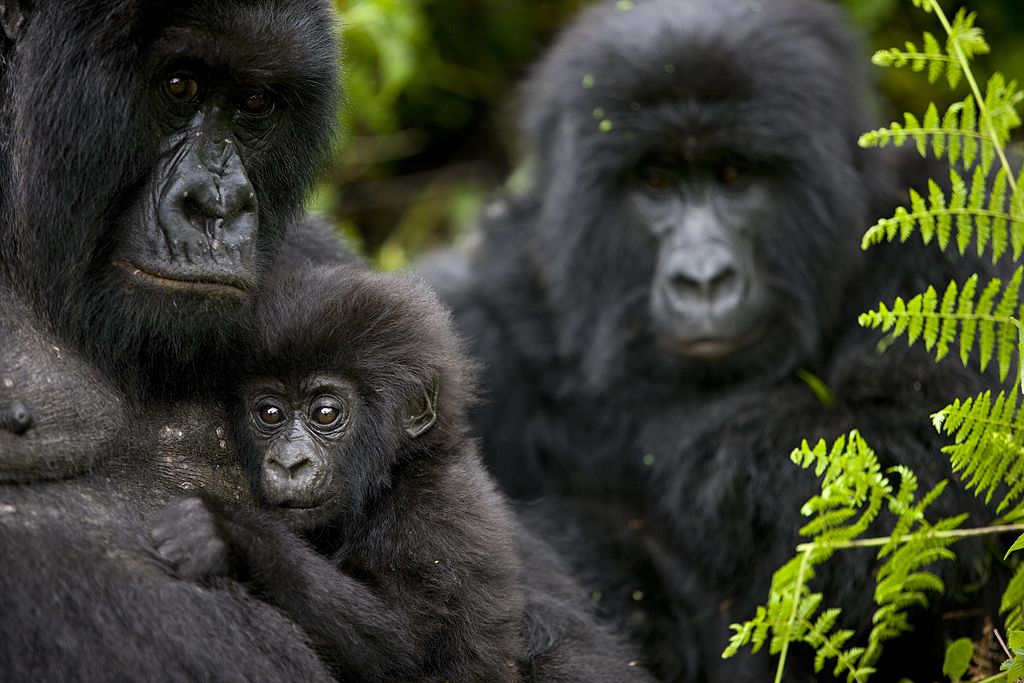
Poverty and poaching are strongly correlated: Communities deprived of tourism revenue will look elsewhere for income trib.al/sTWVnIb
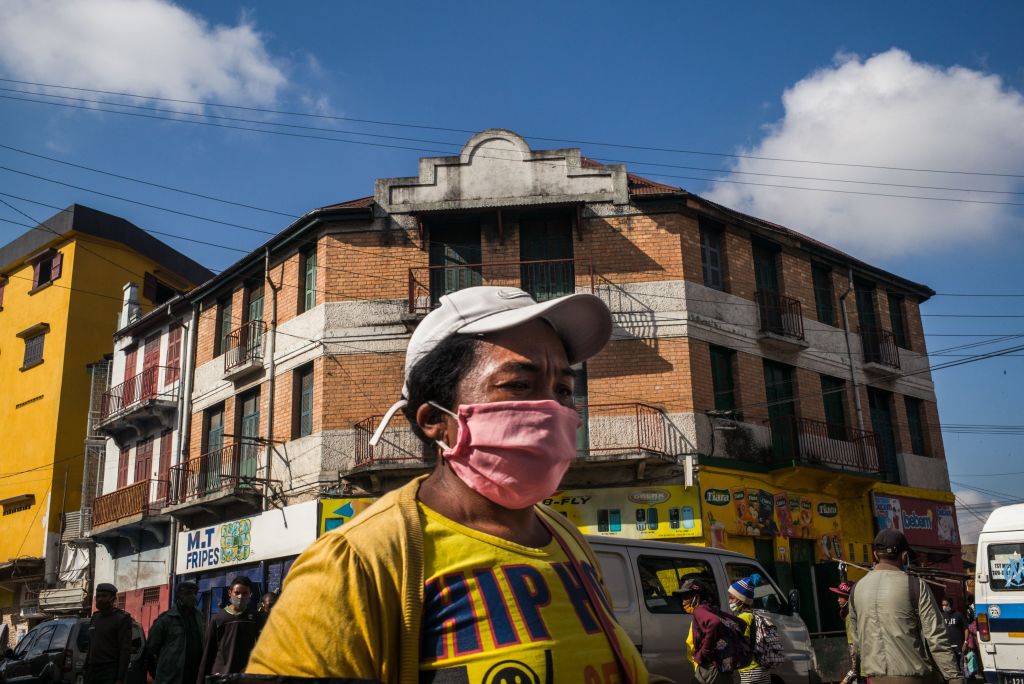
In previous major epidemics, it took an average of 19 months for visitor numbers to recover. The depth of the current downturn will almost certainly require longer trib.al/sTWVnIb
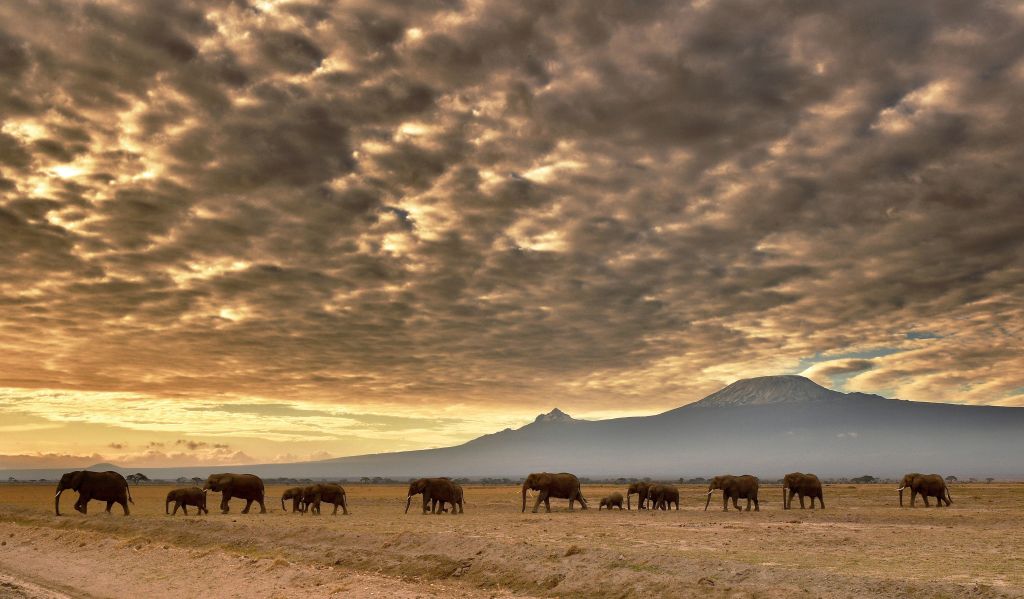
Including locals in decision-making and management
Giving them hunting and agricultural rights trib.al/sTWVnIb
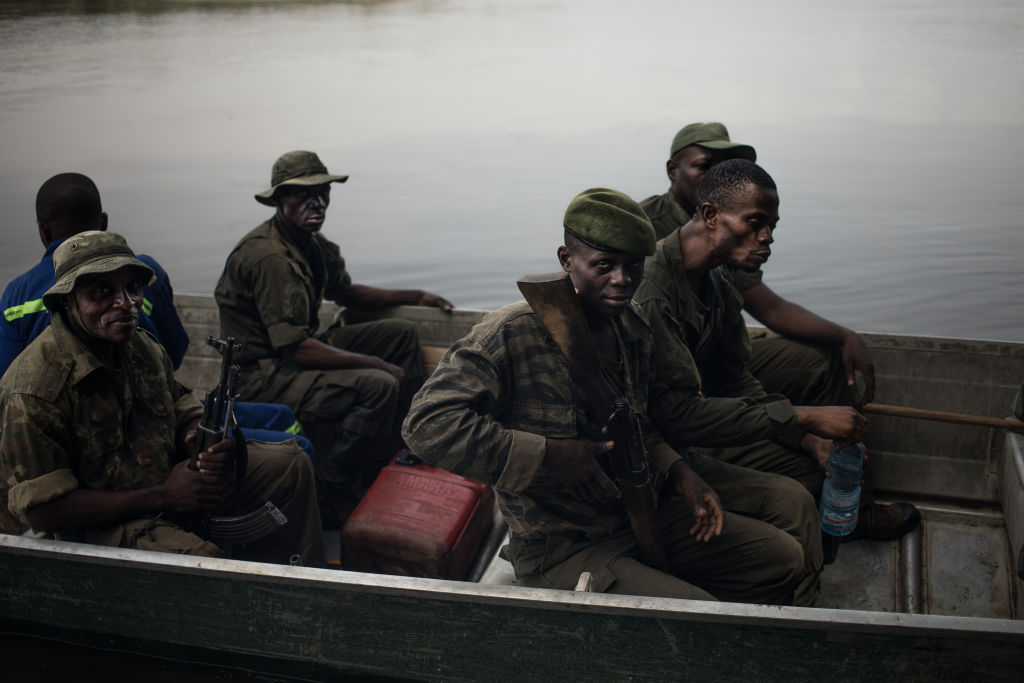
📈For example, there’s a 5-year, $50 million impact bond designed to protect rhino populations. If their numbers grow, investors get back their capital and a yield trib.al/sTWVnIb
